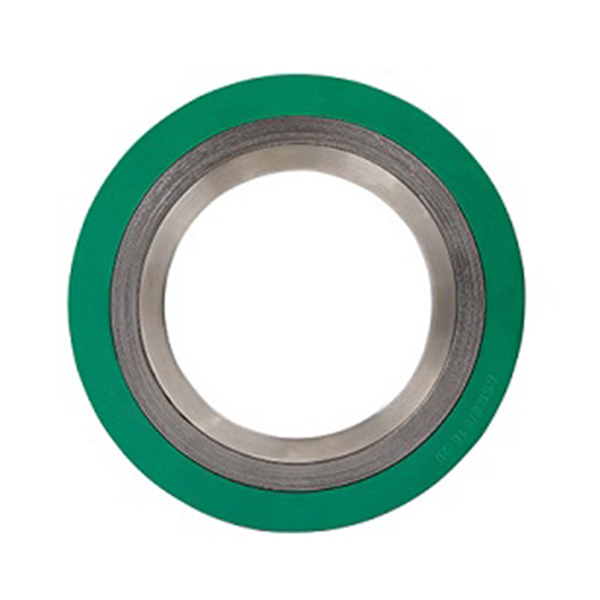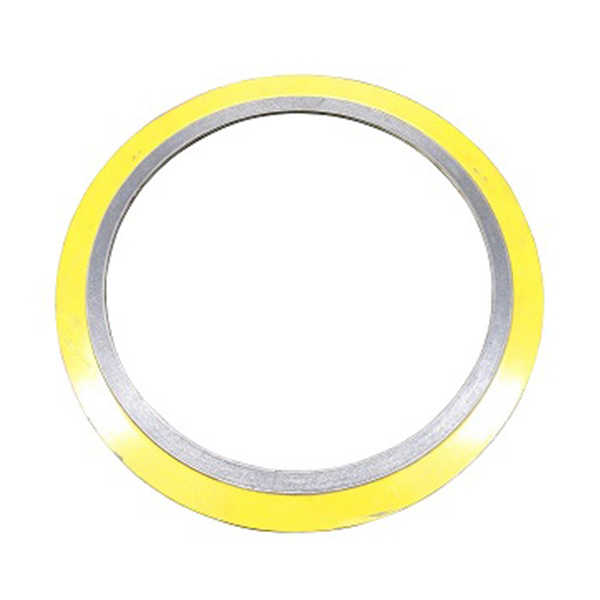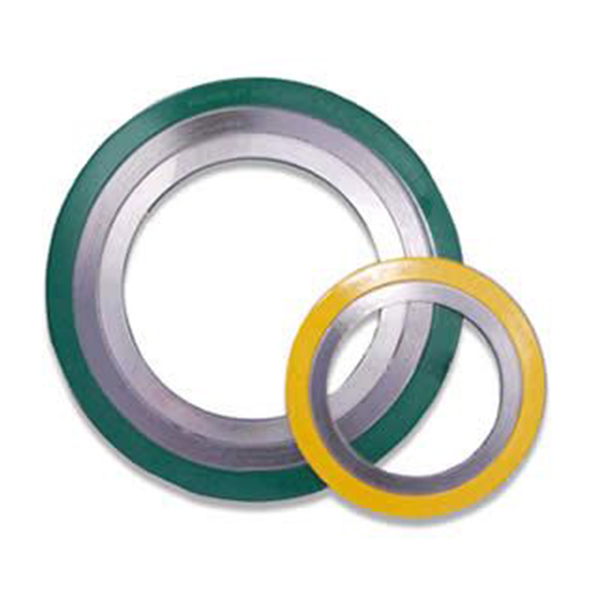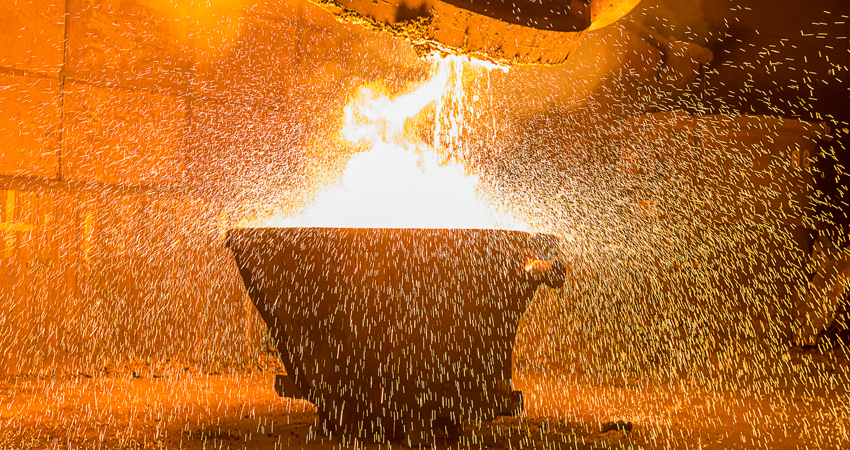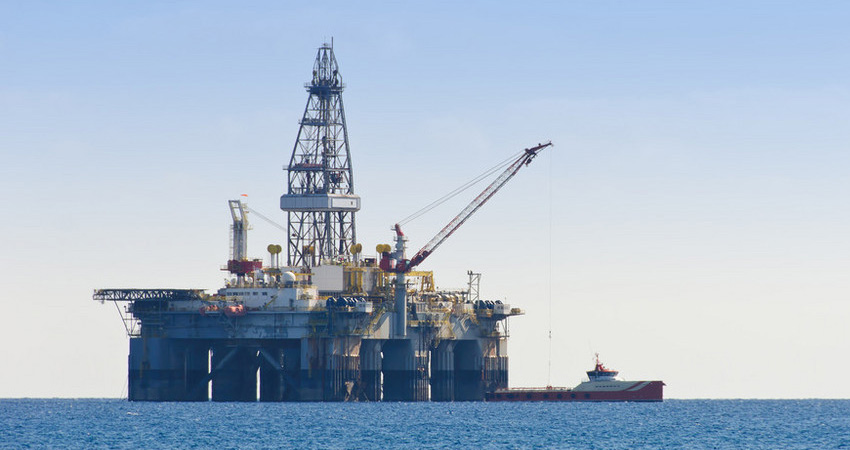Non-asbestos Gaskets
What Are Non-asbestos Gaskets?
Non-asbestos gaskets are sealing materials designed to replace traditional asbestos-based gaskets, offering a safer and environmentally friendly alternative. These gaskets are engineered from synthetic fibers, elastomers, and other advanced materials that provide excellent thermal resistance, chemical compatibility, and mechanical strength without the health risks associated with asbestos. They are widely used in industries such as automotive, aerospace, oil and gas, and manufacturing to prevent leaks in pipes, valves, engines, and other equipment under high-pressure and high-temperature conditions.
Key Product Parameters of Non-asbestos Gaskets
Our non-asbestos gaskets are manufactured to meet stringent international standards, ensuring reliability and performance. Below are the detailed parameters presented in lists and tables for clarity.
Material Composition
- Base Materials: Aramid fibers, glass fibers, carbon fibers, and elastomeric binders.
- Additives: Antioxidants, plasticizers, and corrosion inhibitors to enhance durability.
- Reinforcements: Steel or copper wire for added strength in high-pressure applications.
Physical and Mechanical Properties
| Property | Value Range | Testing Standard |
|---|---|---|
| Tensile Strength | 10 - 25 MPa | ASTM F152 |
| Compression Set | 10% - 20% | ASTM F36 |
| Temperature Resistance | -50°C to +300°C | ASTM D2000 |
| Pressure Rating | Up to 1500 psi | ASME B16.21 |
| Chemical Resistance | Resistant to oils, acids, and solvents | ASTM D471 |
Dimensions and Specifications
- Thickness: Available from 0.5 mm to 5.0 mm, customizable to requirements.
- Shapes: Standard shapes include sheet, spiral wound, and ring-type gaskets; custom shapes are available.
- Color Coding: Often color-coded for easy identification (e.g., blue for general purpose, red for high-temperature applications).
Applications of Non-asbestos Gaskets
These gaskets are versatile and suitable for various industrial applications, including:
- Automotive: Engine head gaskets, exhaust systems.
- Oil and Gas: Flange seals in pipelines and refineries.
- Chemical Processing: Sealing reactors and vessels handling corrosive substances.
- Power Generation: Turbines and boilers in power plants.
- Marine: Sealing in ship engines and offshore platforms.
Advantages of Using Non-asbestos Gaskets
- Health Safety: Eliminate risks of asbestos-related diseases like mesothelioma.
- Environmental Compliance: Meet regulations such as OSHA and REACH.
- Durability: Longer service life with resistance to aging and degradation.
- Cost-Effective: Reduced maintenance and replacement costs due to high performance.
- Versatility: Adaptable to extreme conditions without compromising seal integrity.
Non-asbestos Gaskets FAQ
Q: What are non-asbestos gaskets made of?
A: Non-asbestos gaskets are typically composed of synthetic fibers like aramid or glass, combined with elastomers such as nitrile rubber or silicone, and fortified with additives for enhanced properties. These materials are carefully selected to mimic the performance of asbestos without the associated health hazards.
Q: Are non-asbestos gaskets as effective as asbestos gaskets?
A: Yes, modern non-asbestos gaskets are engineered to match or exceed the performance of asbestos gaskets in terms of temperature resistance, pressure handling, and chemical compatibility. Advancements in material science have made them a superior choice for most applications, ensuring safety and efficiency.
Q: How do I choose the right non-asbestos gasket for my application?
A: Selecting the appropriate gasket depends on factors such as operating temperature, pressure, medium (e.g., gas, liquid, chemical), and flange type. Consult our product specifications table and consider conducting a compatibility test or seeking expert advice to ensure optimal performance and longevity.
Q: Can non-asbestos gaskets be used in high-temperature environments?
A: Absolutely. Many non-asbestos gaskets are designed to withstand temperatures up to 300°C or higher, depending on the material composition. For instance, gaskets with aramid fibers and high-temperature elastomers are ideal for applications like exhaust systems or industrial furnaces.
Q: Are there any regulatory standards for non-asbestos gaskets?
A: Yes, non-asbestos gaskets must comply with standards such as ASTM F104, ASME B16.20, and ISO 9001 for quality assurance. Additionally, they should meet environmental and safety regulations like the U.S. OSHA standards or the European REACH directive to ensure they are free from hazardous substances.
Q: How do I install and maintain non-asbestos gaskets?
A: Proper installation involves cleaning the sealing surfaces, applying the correct torque to bolts according to manufacturer guidelines, and ensuring even compression. Regular maintenance includes inspecting for signs of wear, leakage, or degradation, and replacing gaskets as needed to prevent failures. Always follow the specific instructions provided with the product for best results.
Q: Can custom sizes and shapes of non-asbestos gaskets be ordered?
A: Yes, we offer customization services to produce non-asbestos gaskets in various sizes, shapes, and thicknesses to meet unique application requirements. Provide detailed specifications or drawings, and our team will engineer gaskets that fit perfectly and perform reliably.


